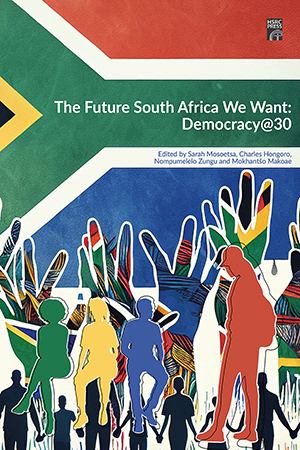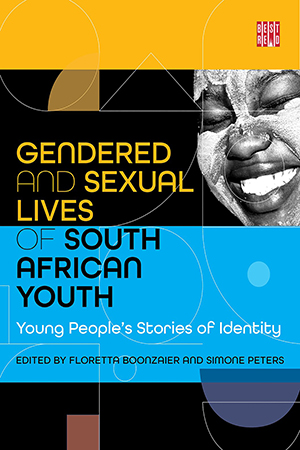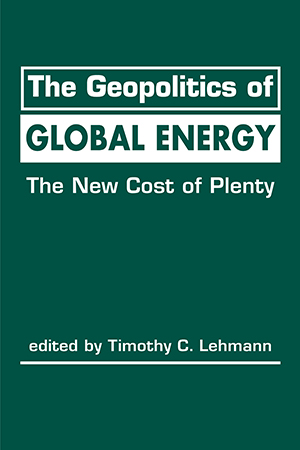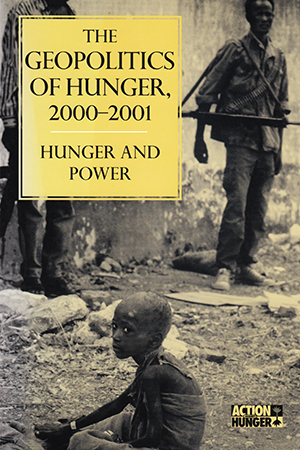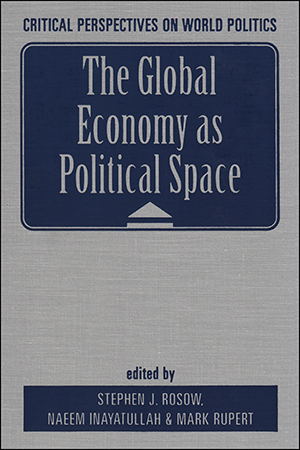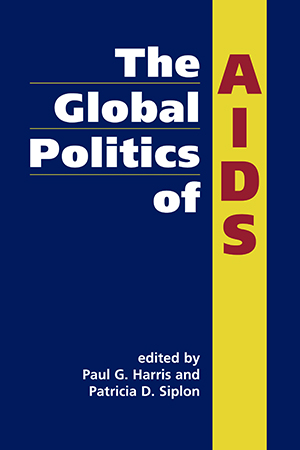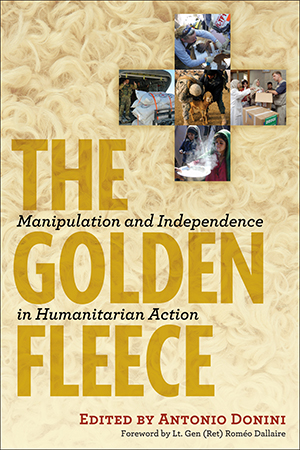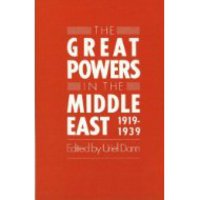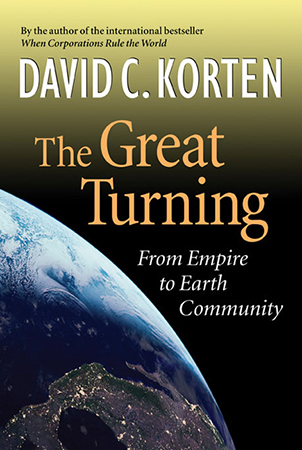BOOKS
This vibrant collection captures thirty years of democracy through the lived experiences of diverse South African communities. Moving from QwaQwa to Vuwani, Soweto, Langa, Luka, Platfontein, More >
Reflecting a concern with the high rates of gendered and sexual violence in South Africa, the authors of this innovative book explore the experiences of and identifications with gender and More >
In the all-encompassing energy realm, powerful state and private actors determine which of the world's many energy resources are developed ... and how societies are molded to accommodate More >
On the Humanitarian Times List of Top Ten Books of 2000! Widespread hunger continues to exist at the turn of the century, despite the efforts of scores of international relief More >
As contemporary capitalism integrates the planet to an unprecedented extent, the international political economy defines and constitutes new forces, practices, and movements. Not only are More >
With more than 40 million people living with HIV/AIDS—and more than 25 million dead from related diseases since the early 1980s—the need to understand the causes and impact of More >
A Global Observatory Must-Read Book in Peace and Security! The authors of this book take a long view—starting with the origins of organized humanitarianism in the mid-nineteenth More >
These seven stories, dramatic and thought-provoking, provide a compelling picture of Korean life in the 1940s–1990s. Family and community ties, respect for tradition, survival in the More >
Perhaps the most critical period in the development of modern Middle Eastern politics occurred between the two world wars. Britain and France vied for influence and control in the region by More >
In his classic When Corporations Rule the World, David Korten focused on the destructive nature of the global corporate economy and helped to spark a worldwide resistance movement. Now, in More >



